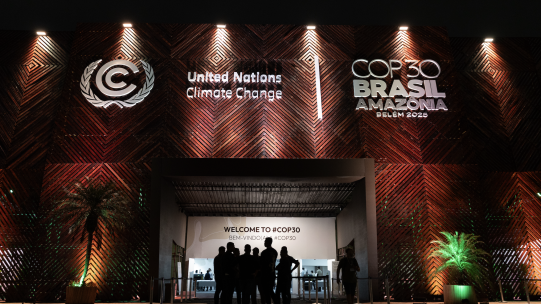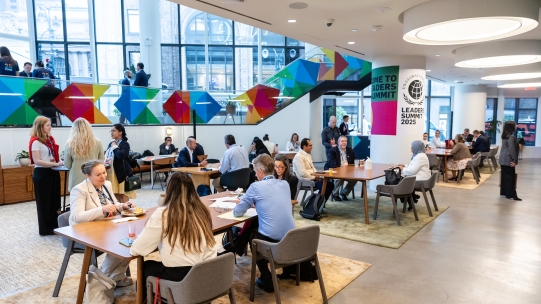Indonesian cosmetics company aims to improve lives and protect the planet
Read more
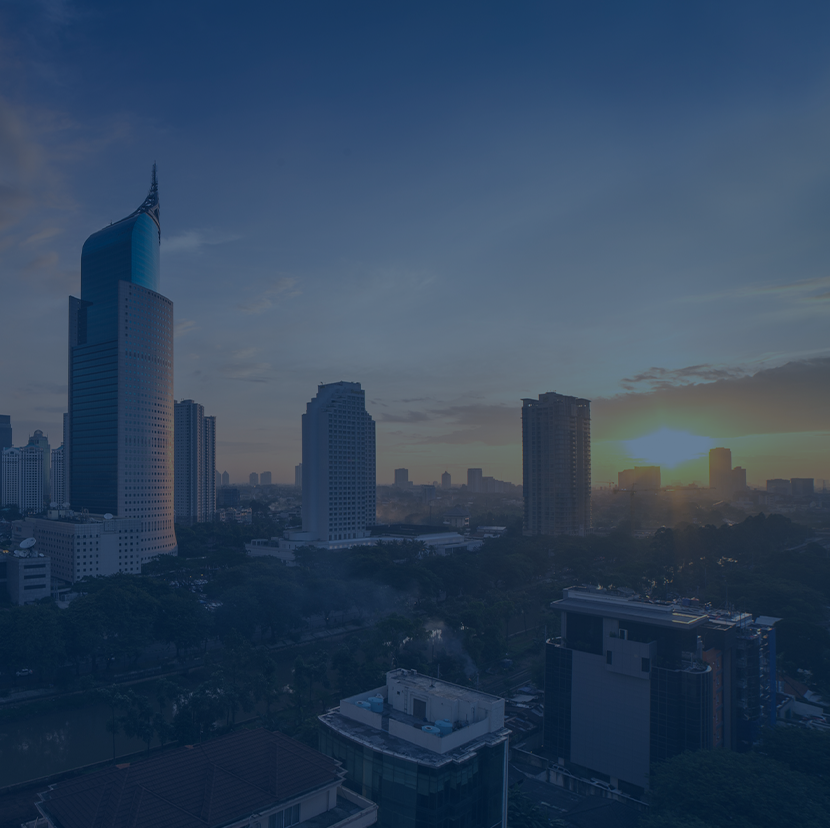
Established in 1985, Paragon Corporation is a pioneer in halal beauty products: cosmetics, shampoos and other personal care items that adhere to Islamic law.
The Indonesian company has no less than 14 beauty and personal care brands and one of the Southeast Asian region’s largest cosmetics research and innovation centers. With 43 distribution complexes and factories that manufacture 135 million products each year, Paragon’s impact on the environment - and its ability to influence the behavior of similar companies and consumers – is enormous.
“We dream of forming an innovative ecosystem where everyone can do good to one another and turn Indonesia into a better society for the next generations,” said Nurhayati Subakat, Founder of Paragon.
Paragonians, as the company calls its 14,000 employees, are intent on turning out products that improve peoples’ lives and protect the planet.
This year, the company created a sustainability team composed of four young professionals -- Suci Hendrina, Ridwan Sonjaya, Yessica Berliana Megistriani and Reni Swara Mahardika -- who completed the SDG Innovation Accelerator for Young Professionals Program created by UN Global Compact.
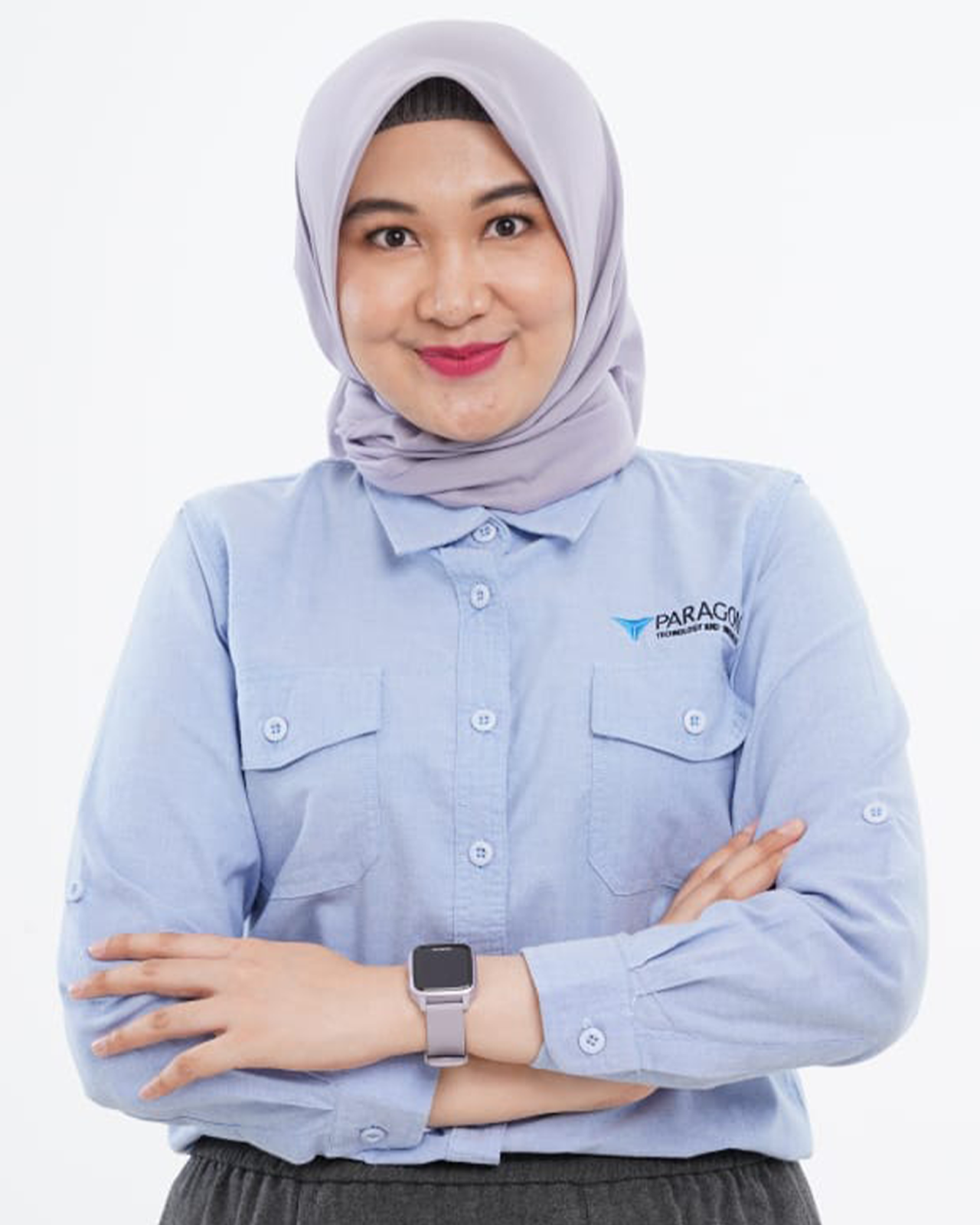
Suci Hendrina
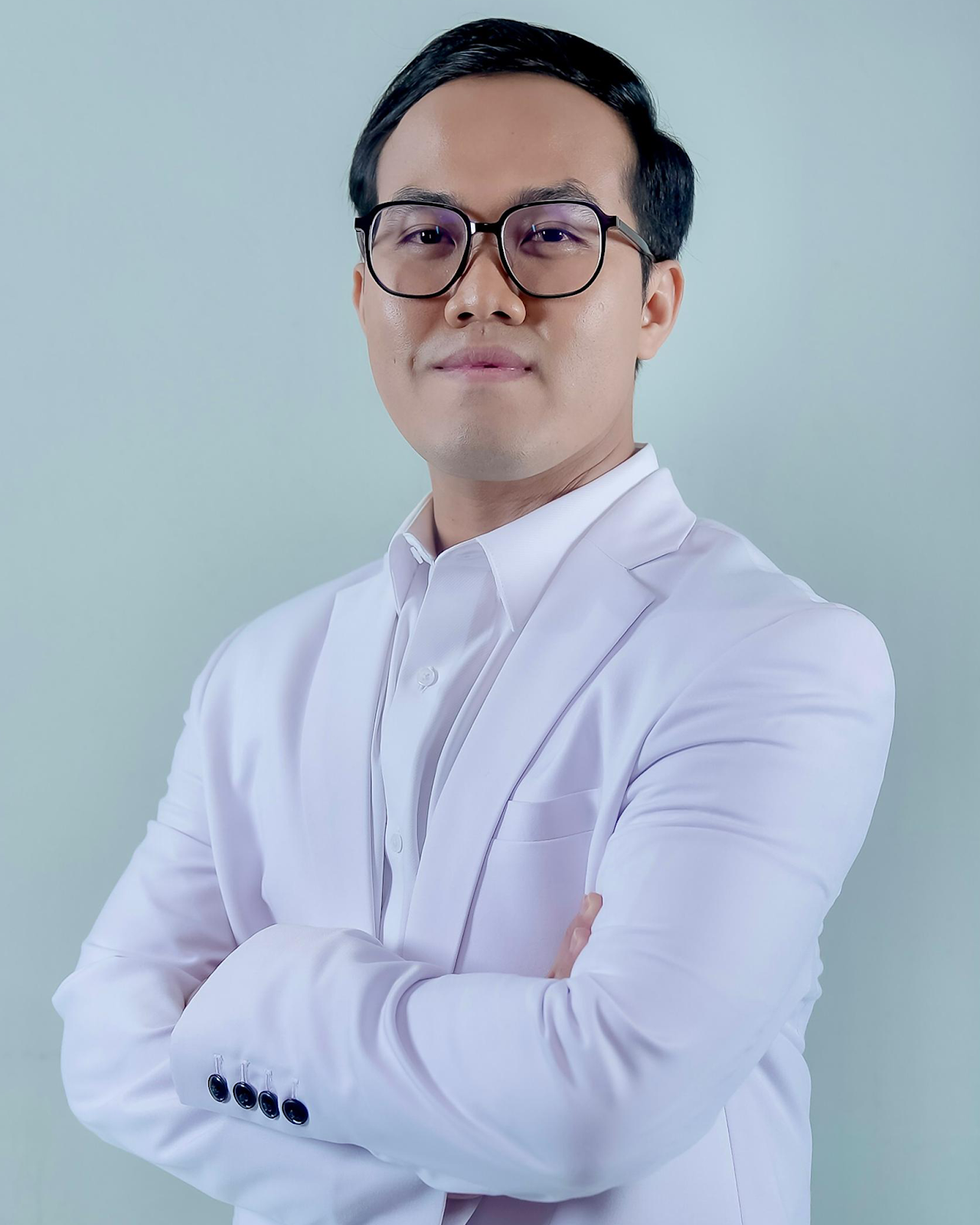
Ridwan Sonjaya
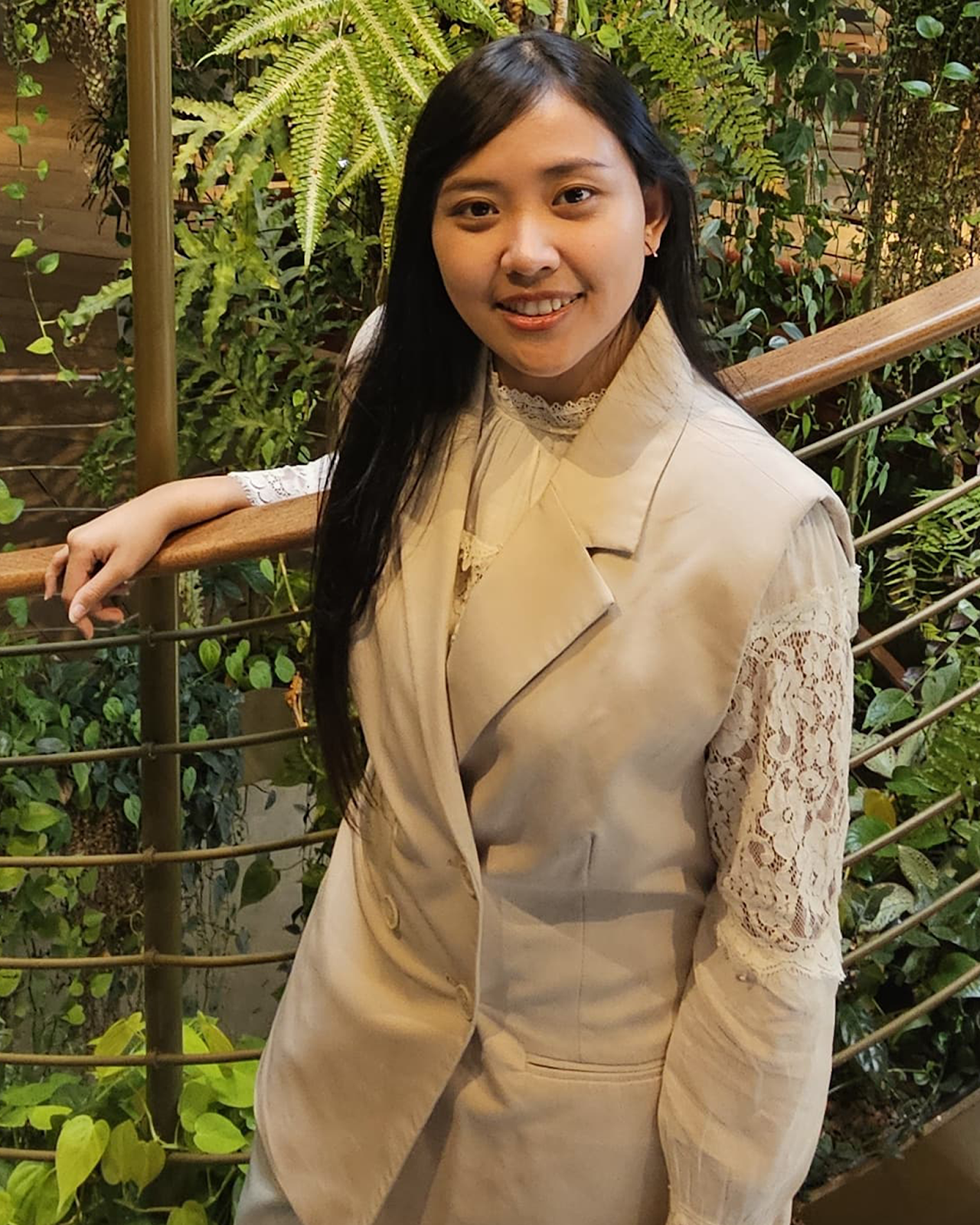
Yessica Berliana Megistriani
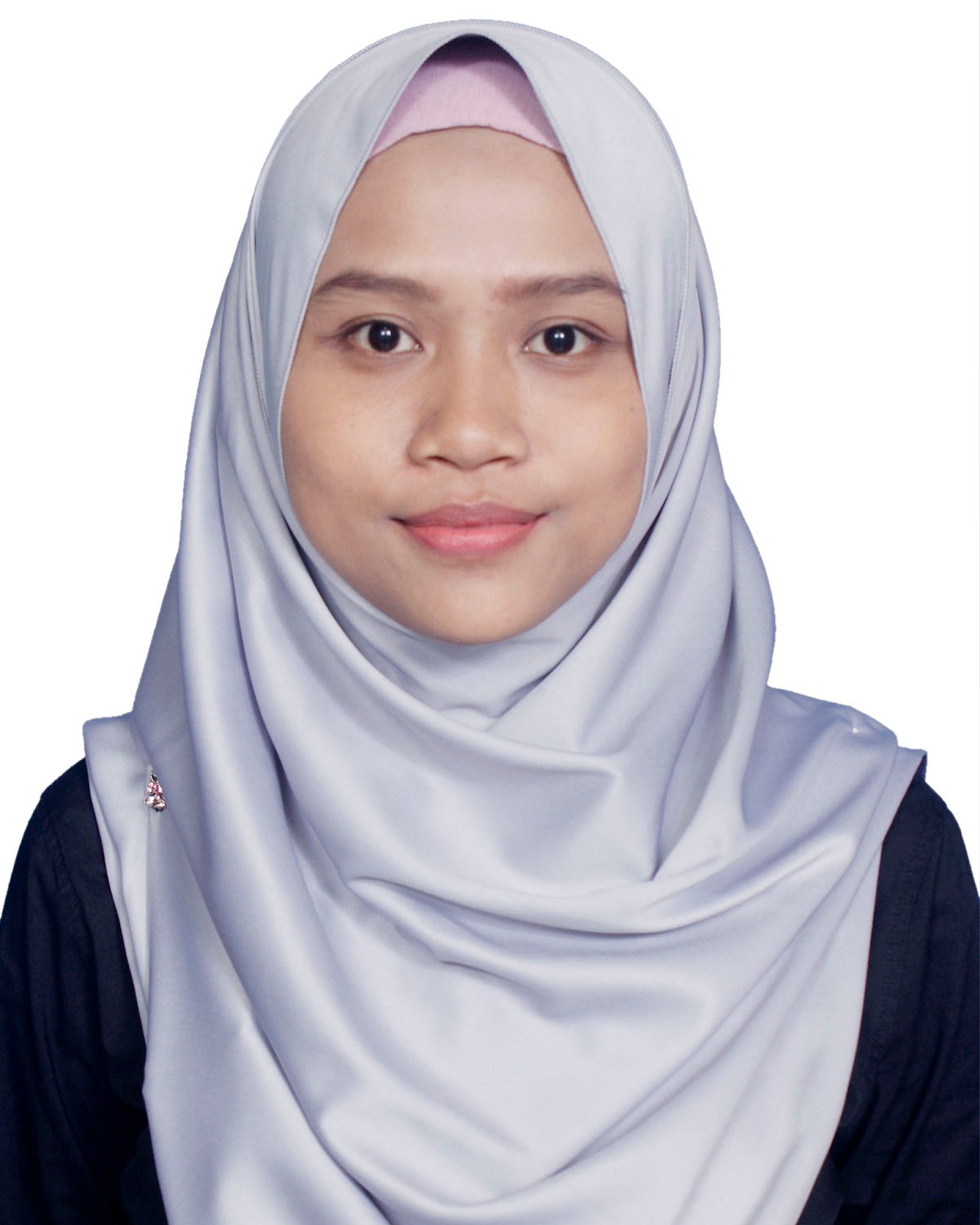
Reni Swara Mahardika
Their efforts to deepen and expand the company’s ongoing sustainability activities are wrapped around the company’s three core pillars: the greater good of the people; the greater good of the planet; and consumer goods for greater good.
“Through these pillars, we translated our sustainability commitments into measurable actions, ensuring that our journey is not only aspirational but also trackable and impactful,” said Suci, who leads the company’s social impact initiatives as part of the sustainability team.
Ridwan, Paragon’s senior head of research and development, is a formulation scientist who specializes in developing high-performance and sustainable products.
“My research focuses on creating formulations that are not only safe and effective for consumers, but also responsible for the planet, leveraging ethically-sourced ingredients, coral reef–friendly actives, cruelty-free practices, and biodegradable systems,” he said.
A 30-year-old product innovator, Yessica focuses on developing eco-conscious cosmetics by integrating biodegradable ingredients, minimal-waste packaging and consumer-centric design that aligns with future global trends.
As a member of Paragon’s safety, health, environment and sustainability group, Reni works with the engineering team to use water more efficiently, such as reprocessing used water into clean water.
“We are also doing a project to take back empty packaging that has been used by consumers so that we can recycle it and not cause waste in landfills,” said Reni.
Paragon aims to integrate sustainability into product innovation, including responsible packaging, biodegradable ingredients and ensuring research and development aims for future eco-conscious solutions.
To strengthen its efforts for the responsible use of plastic, for example, the company is intent on expanding the number of drop boxes customers can use to deposit their empty containers. The company now has about 40 branch drop boxes.
“We want to make the use of plastic circular,” said Suci, adding the company is improving the process and expanding the number of drop boxes.
Paragon uses its influence and economic power to support people, communities and businesses with capacity-building programs that, in turn, help achieve the Sustainable Development Goals (SDGs). For example, its work with teachers, students and local changemakers has helped support SDG 4 (Quality Education) and SDG 17 (Partnerships for the Goals). The company has also supported more than 4,900 small businesses, strengthening local economies in line with SDG 8 (Decent Work and Economic Growth).
“The industry is increasingly moving toward purpose-driven collaboration, signalling a shared understanding that sustainable business means creating shared value,” Suci explained.
The sustainability team urges other companies intent on achieving the Global Goals to embed the targets into the core of its business strategy, not just its CSR programs.
“Focus on building shared value by addressing social and environmental issues through your products, operations, and partnerships,” Suci said, stressing collaboration across government, civil society and fellow businesses to amplify impact. “Most importantly, listen to the communities you serve. Their insights will guide you to create more relevant, sustainable and scalable solutions. The SDGs are not just global goals, they are local responsibilities.”
According to Suci, the UN Global Compact’s Accelerator program laid a strong foundation for the company’s long-term sustainability journey.
“This team now plays a central role in defining the company's long-term sustainability roadmap, setting clearer metrics, and ensuring alignment with global standards and the SDGs,” she said. With more than eight years of experience in the impact sector, Suci said the Accelerator program gave her an exciting opportunity to learn how other companies participating in the Indonesia Global Compact Network are weaving the SDGs into their business operations. “Insight from other companies and other programs helped us build a framework for sustainability,” she added.
To implement the Accelerator program in Indonesia, Global Compact Network Indonesia last year delivered a series of local activation sessions, mentoring and support throughout the six-month programme. These local activities were carried out in parallel with global sessions led by UN Global Compact HQ in New York.
“The Accelerator programme included modules on SDG integration into business strategy, design thinking, challenge-based innovation and tools for developing SDG-aligned business solutions,” said Evy Rosriani, senior manager, member relations and communication, at Global Compact Network Indonesia, which is based in Jakarta. “What made this particular cohort stand out was the strong engagement from participating companies, including PT Paragon, and the quality of project outcomes that aligned business innovation with sustainability goals.”
